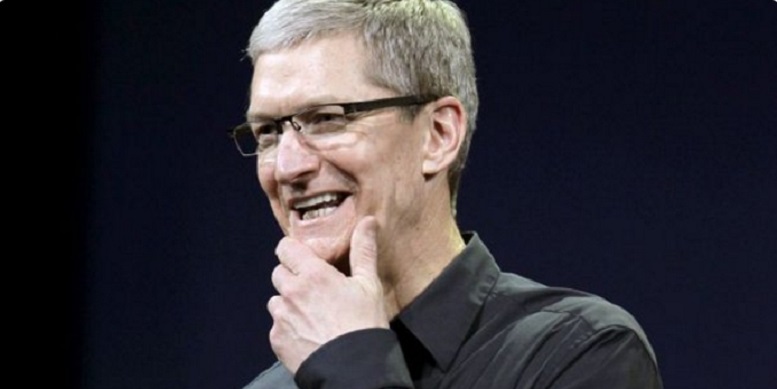Originally reliant upon Samsung (NASDAQ:$SSNLF) to build its custom-designed chips, then speculated to move at least some of its A-series applications processor production to Intel (NASDAQ:$INTC), Apple (NASDAQ:$AAPL) has recently moved over to contract chip-manufacturing specialist Taiwan Semiconductor Manufacturing Company (NYSE:$TSM).
In fact, while TSMC manufactures Apple’s current A10 Fusion chip, the company is expected to manufacture Apple’s upcoming A11 Fusion chip as well.
Apple seems to have dodged a rather serious bullet by not relying on Intel.
Here’s why:
Intel’s 10nm
Intel has seen its schedule for the 10nm production continuing to slip. After initially promising investors that the chip would be ready to ship by late 2013, it is yet to be in volume production in the second half of 2017. If Apple had chosen the Intel 10nm technology for the upcoming A11 Fusion, it would have delayed the introduction of its new iPhone models, wreaking serious havoc.
Another option would’ve been for Apple to cram the same feature set into the A11 Fusion using Intel’s 14nm technology. However, the chip size would’ve been appreciably larger, driving Apple’s costs up. Additionally, Intel’s 14nm technology is speculated to not embody as much density as either TSMC or Samsung’s 10nm technologies.
On the other hand, TSMC has been mass producing chips using 10nm technology for months now.
Future of Intel
Despite Intel’s sincerest efforts to promise investors of its innovative future in the data sector, the company’s ability to translate ideation into efficient manufacturing technology and mass production is simply doubtful. Both TSMC and Samsung have demonstrated that they can ramp tough new technologies into mass production at predictable cadences. Intel, on the other hand, have failed time and time again.
Featured Image: twitter










